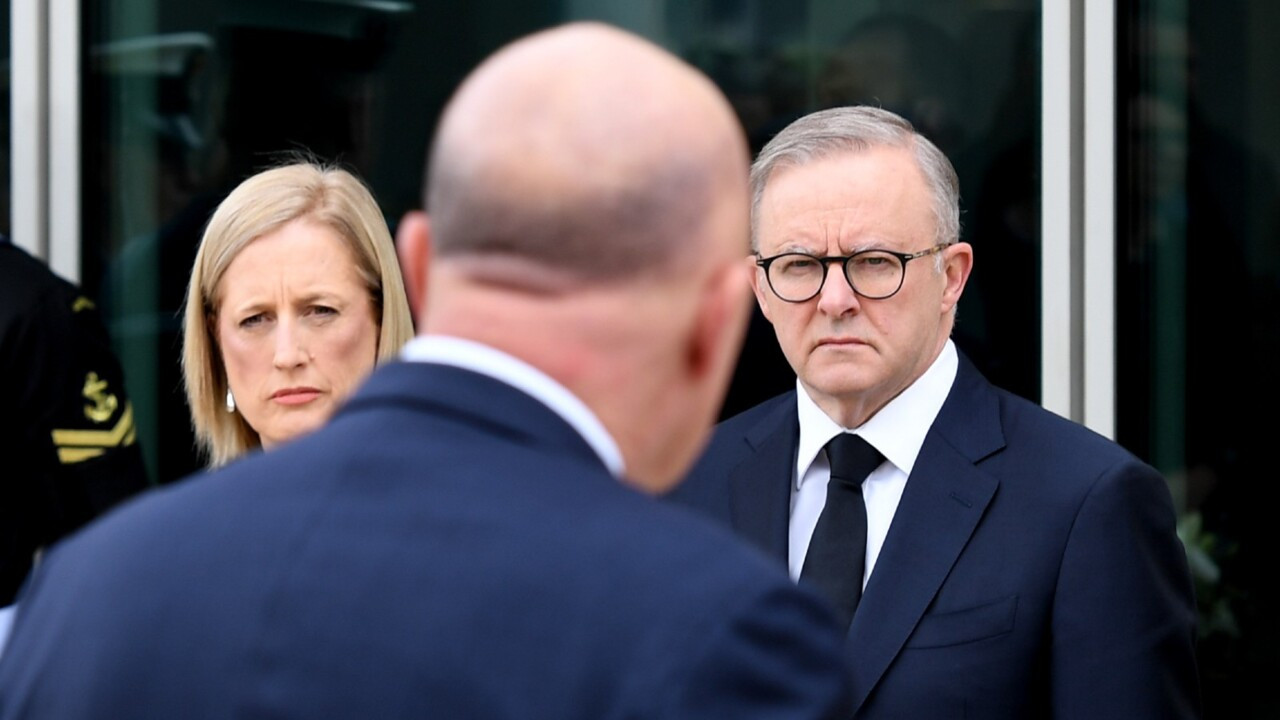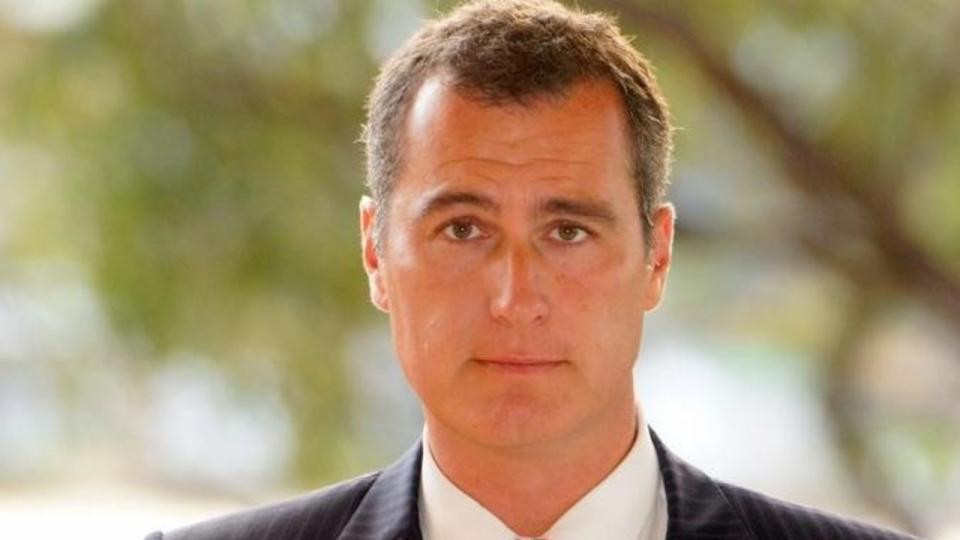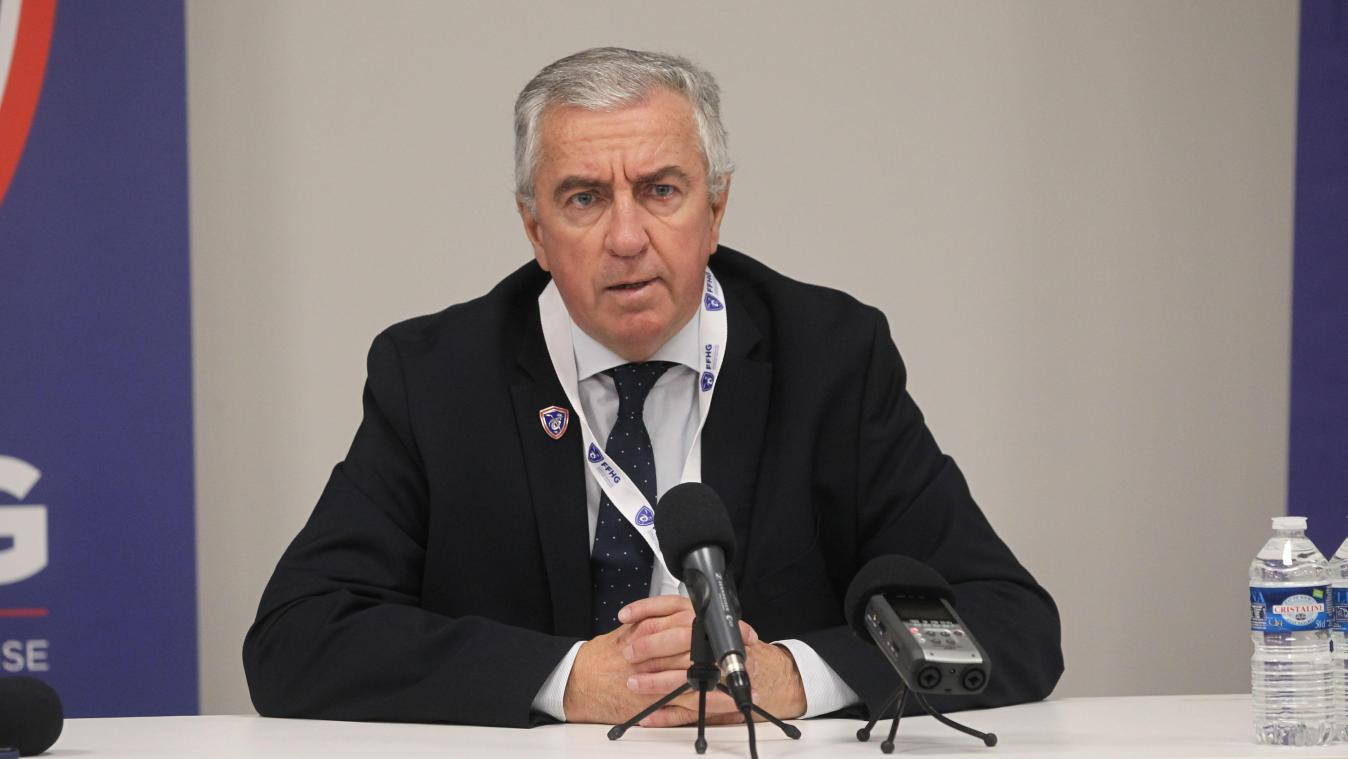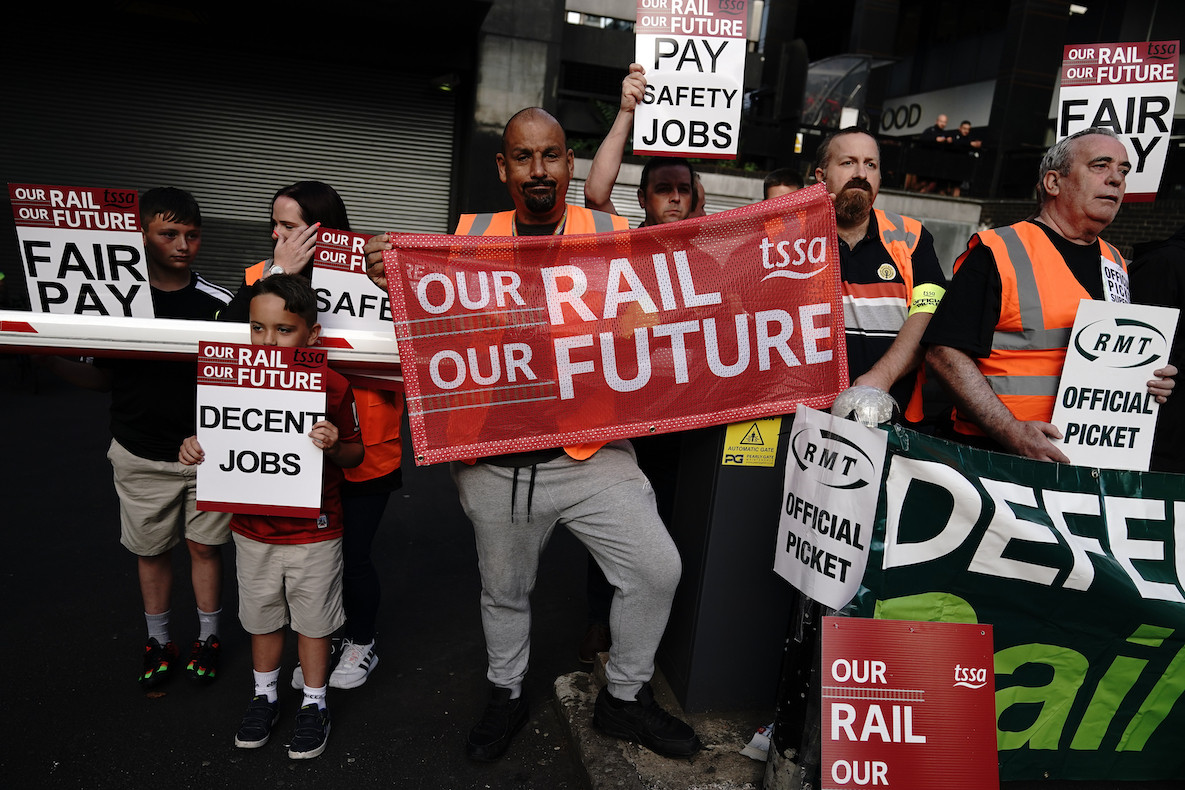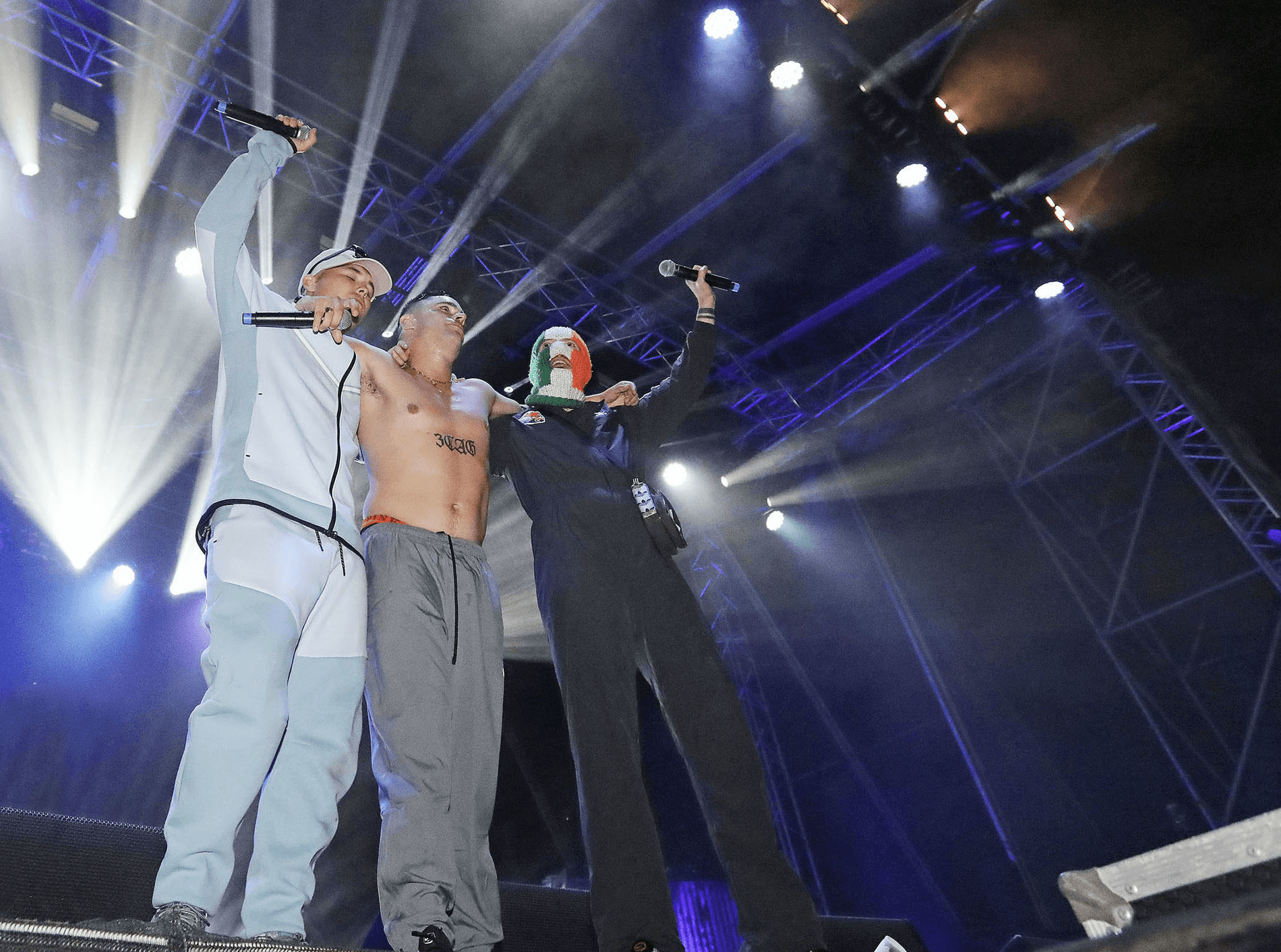Thirteen additional women have come forward with complaints against former Seven journalist Robert Ovadia since he was sacked by the network in late June, a Sydney court has heard. The veteran reporter has launched legal action against his former employer in the Federal Court, after previously denying allegations of inappropriate behaviour.
Mr Ovadia didn't attend court as the case reached its first largely administrative listing before Justice Elizabeth Raper this morning. In a statement, he described the claims of 13 additional women coming forward as “baseless” and said that Seven had never provided him with evidence of the allegations “despite repeated requests”. Mr Ovadia said Seven’s claims today were “just a dirty tactic to try to bully me away from defending myself”.
Barrister Andrew Gotting, representing Mr Ovadia, told the judge that his client's letter of termination was effected immediately, citing “serious misconduct”. There was an express statement that he was not entitled to a notice of termination, Mr Gotting said. A minor dispute arose regarding which party should produce its evidence first, and Mr Gotting said in cases where there are allegations of misconduct the onus fell upon the employer to establish the misconduct. He argued the matter was one of the rare cases where it was appropriate for the respondent to put on its evidence first.
Barrister Vanja Bulut, representing Seven and its new boss Anthony De Ceglie, said two matters were investigated for which Mr Ovadia's employment was terminated. They included allegations that he sent a number of inappropriate pictures to a producer and sent a photograph of men's genitals to a different colleague. One of those allegations was recently reported in an episode of the ABC's Four Corners.
The journalist, who spent 23 years with Seven, has previously described allegations of inappropriate behaviour as false and said they would be defended. Today Ms Bulut said subsequent to Mr Ovadia's dismissal, 13 more women had come forward with complaints in relation to his conduct. Mr Ovadia had been “put on notice” of that, she said. Ms Bulut said that even if Seven and Mr De Ceglie didn't have a basis to summarily terminate the employment, the alleged conduct that had subsequently come to light provided a basis for it.
The court heard the parties attempted conciliation at the Fair Work Commission around six weeks ago, which did not resolve the matter. Justice Raper has ordered that the parties attend mediation.
The Fallout
The allegations against Ovadia, a well-known figure in Sydney’s media landscape, have rocked the newsroom and sent shockwaves through the industry. The Seven Network has been forced to grapple with a crisis of confidence, while Ovadia’s reputation has taken a severe blow. The case highlights the challenges faced by media organizations in dealing with allegations of misconduct, particularly in the wake of the #MeToo movement.
A Deepening Scandal
As Ovadia’s legal battle with Seven intensifies, the spotlight is increasingly shining on the network’s handling of the allegations. While Seven has maintained that it acted swiftly and decisively in dismissing Ovadia, the emergence of new complaints raises questions about the thoroughness of its internal investigations.
The fact that 13 more women have come forward after Ovadia’s sacking suggests that the initial allegations may have been just the tip of the iceberg. It also raises concerns about the network’s culture and its willingness to take action against those accused of misconduct. The revelation that Seven redacted some of the evidence provided to Ovadia raises further concerns about the network’s transparency and commitment to a fair process.
What’s Next
With mediation scheduled for October, the legal battle between Ovadia and Seven is far from over. The case is likely to be closely watched by those both inside and outside the media industry. The outcome will have implications not only for Ovadia’s career, but also for the broader conversation about workplace culture and accountability in the media.
The saga serves as a stark reminder of the power dynamics that can exist within newsrooms and the challenges faced by those who speak out against misconduct. The case is likely to be a watershed moment for the Australian media industry, forcing it to confront uncomfortable truths about its own culture and the need for greater transparency and accountability.
It remains to be seen how the legal battle will unfold. But the revelations about Ovadia and the new complaints against him have already sparked a wider discussion about the need for change in the Australian media landscape.




